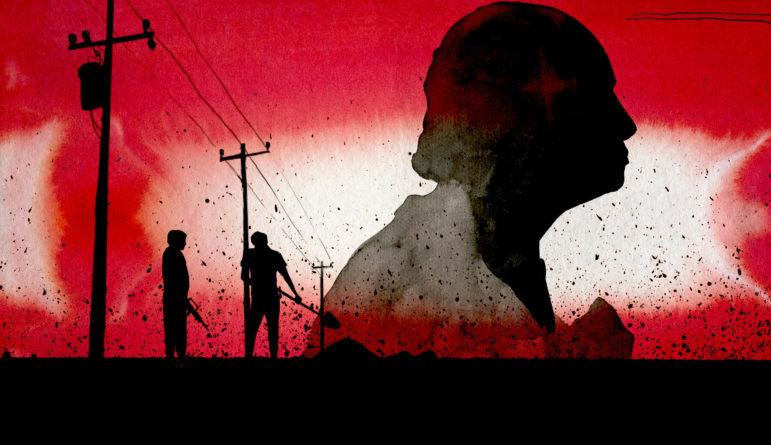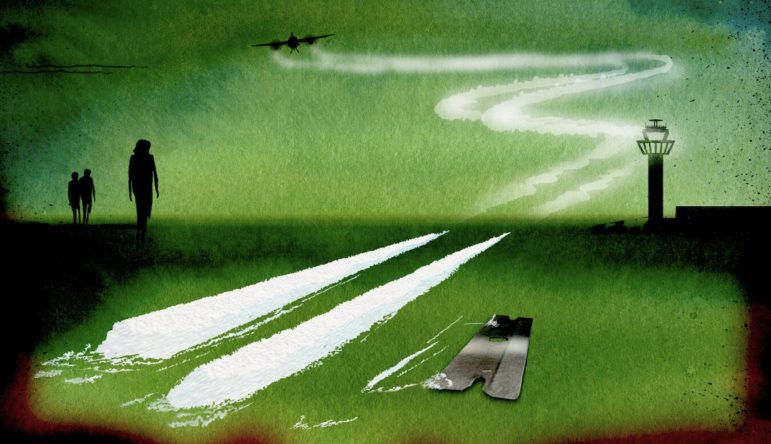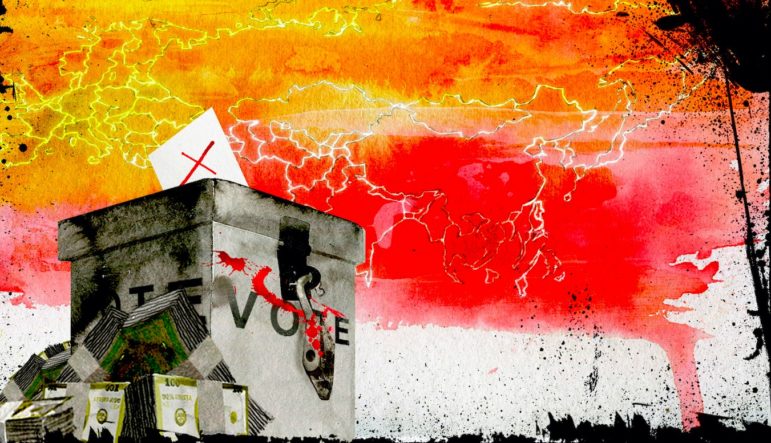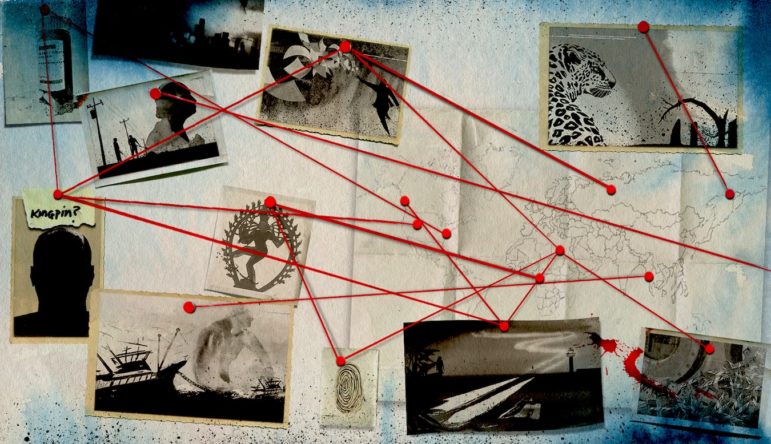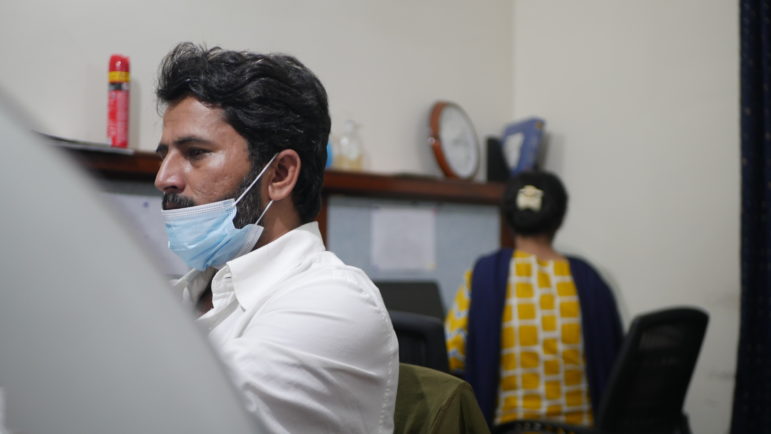Chapter Guide Resource
Organized Crime Chapter 4 – Forced Disappearances
This chapter, which focuses on forced disappearances, is written by Marcela Turati, an investigative journalist who has covered the Mexican drug war and who is a founding member of the reporting project Quinto Elemento Lab. In one of the first episodes of the TV series “Breaking Bad,” two of the main characters dissolve a corpse […]

